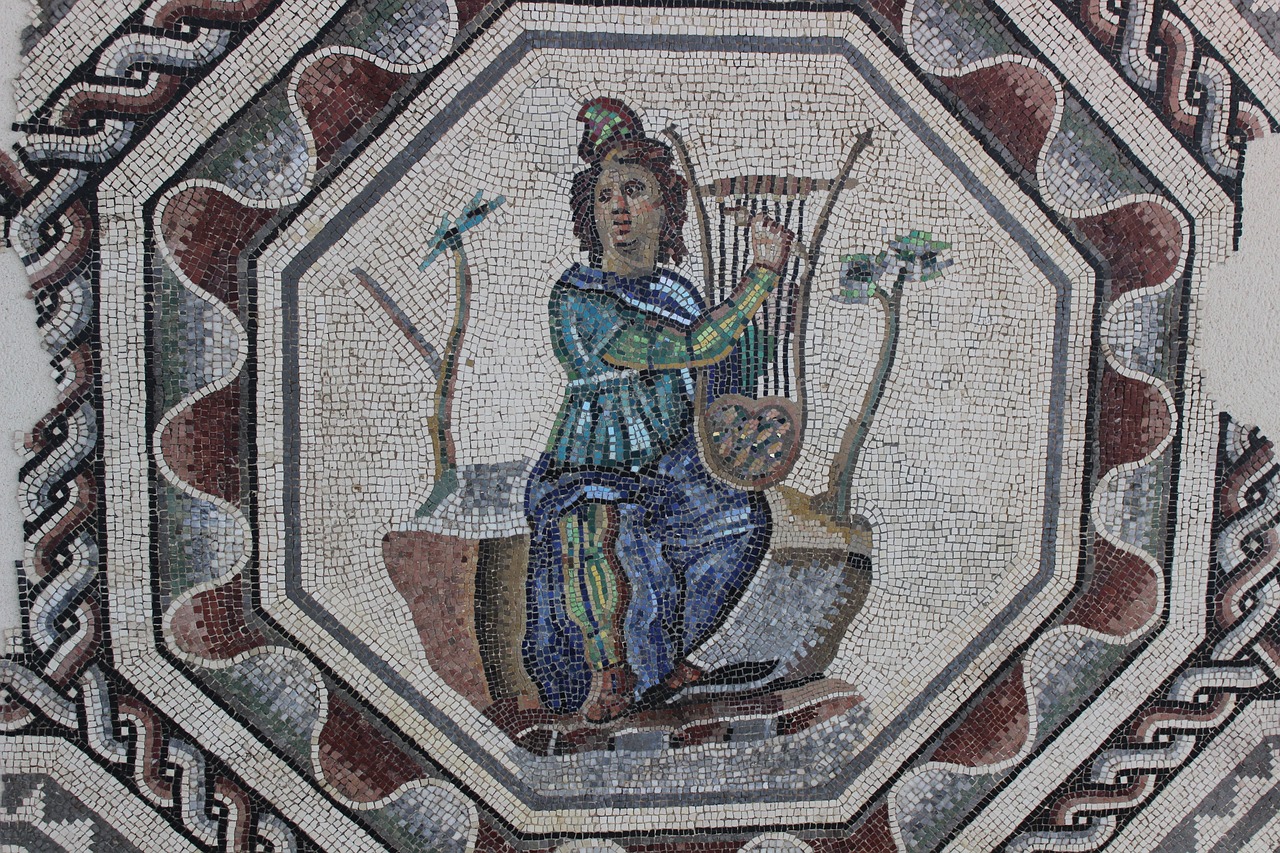The Legend of Orpheus: Music, Love, and Loss
Mythology served as a means for ancient civilizations to understand their environment and reflect on the dynamics of their society. Over the ages, these myths evolved, embodying various interpretations. Many of these narratives held significant sway in the realms of cosmology and religion, with the Orpheus myth serving as a prime example. Orpheus transcended roles as a poet, musician, hero, and religious leader, symbolizing the Greeks’ reverence for the arts.
The Origins of Orpheus
The exact source of the Orpheus tales remains elusive, potentially dating back to the Mycenaean period within Minoan Civilization. Many narratives associated with Orpheus hint at a connection to Thrace, where the legends might have originated. Some scholars suggest that his name relates to the Greek term for ‘orphan,’ while a Roman writer opined that it signifies ‘best voice’ in the Greek language. The first notable mention of Orpheus appears in a sixth-century poem, with subsequent references surfacing in fifth and fourth-century works. Despite doubts regarding Orpheus’s existence, he was widely regarded as a significant historical entity, seen as either a performer or a magical figure predating the Trojan War. Various commentators from the Roman era suggested there were multiple individuals named Orpheus, spanning Greek and Thracian backgrounds, ranging from magicians to prophetic figures. This indicates that the name could serve as a title adopted by numerous poets and religious leaders.
The Life of Orpheus
Account of Orpheus’s life reveal diverse interpretations. Some believe he was born to a Thracian king, while others claim he was the son of Apollo, the god of light and music, and Calliope, the muse of eloquence. A popular belief suggests that Apollo gifted him a golden lyre, a small harp typically accompanied by lyrical performances. In the ancient world, music and poetry were intrinsically linked, practically inseparable. Orpheus is celebrated in various accounts for his extraordinary lyrical skill, said to charm all living things with his music, even turning inanimate stones to life.
Notably, Orpheus is associated with the Argonauts, a heroic band that sailed to Colchis in their quest for the Golden Fleece. According to the Epic of Argonautica, Orpheus held essential skills that contributed to the group’s success. The Centaur Chiron had highlighted the benefit of bringing Orpheus along, knowing his abilities could counter distractions and dangers during their journey. A critical moment arose when the crew encountered the enchanting Sirens, whose irresistible songs lured sailors to their doom. Yet Orpheus wielded his lyre, overpowering the Sirens’ voices and leading his companions to safety. Throughout his travels, he showed devotion to both music and love when he met the beautiful Eurydice.
Orpheus and Eurydice’s Tragic Love
Orpheus and Eurydice’s relationship flourished under wondrous circumstances. Their marriage celebrated with joyous songs and dances. However, calamity struck when the minor god Aristaeus, son of Apollo, became infatuated with Eurydice. In his relentless pursuit, he chased her, prompting a tragic accident. While fleeing, Eurydice was bitten by a snake, leading to her untimely demise. Another rendition claims her death occurred on their wedding day through a similar encounter with a venomous serpent.
Devastation consumed Orpheus after losing his beloved. Moved by his despair, the gods and nymphs resolved to assist him in reclaiming Eurydice from Hades. Some myths claim the intervention of Apollo enabled Orpheus to breach the Underworld’s confines. In a captivating twist, it was his music that melted Hades’s heart, granting him a chance to lead Eurydice back, but with the condition that he must not look back until they had both exited. Yet, in a moment of weakness, Orpheus turned around, only to see Eurydice vanish back into the shadows of death.
The Demise of Orpheus
Heartbroken and wandering aimlessly, Orpheus’s songs turned melancholy, his joy extinguished. Encountering a group of Thracian women, he resisted their pleas for a song, inciting their wrath. In various versions of the myth, they tore him apart, discarding his remains into a river. Stories echoing through time include the image of Orpheus’s head drifting down the water, continuing to sing. The Muses and nymphs laid him to rest on an island, where it was said that melodies would emanate from his final resting place. In some adaptations, his decapitated head became prophetic, echoing messages from Apollo.
The Significance of the Orphic Myth
The Orpheus narratives illustrate the profound value of art within human existence. In these allegories, music and poetry exude an almost enchanted quality, revealing their tremendous capacity to effect change and foster harmony. Furthermore, the underlying theme of love reinforces the notion that mortals must adhere to divine directives. Orpheus’s fateful gaze over his shoulders led to Eurydice’s eternal loss, serving as a stern reminder of humanity’s vulnerability against the capriciousness of the gods.
The Religion of Orphism
Throughout history, numerous compositions, rites, and teachings have been attributed to Orpheus, suggesting the establishment of a cult dedicated to his veneration as early as the sixth century BC. Orphism, often viewed as a transformation of Dionysian traditions, emphasized ascetic practices and condemned violence. Scholars have drawn parallels between Orphism and Eastern religions, including Buddhism, due to its emphasis on reincarnation and serene living.
Mysterious initiation rites emerged from this belief system, culminating in the famed Orphic Mysteries, wherein adherents purportedly reenacted Orpheus’s harrowing journey to the Underworld. While evidence exists showcasing Orphic community practices, specific doctrines remain ambiguous.
The myth of Orpheus and Eurydice continues to inspire artists, poets, and musicians through the ages, reinforcing timeless themes of love, loss, and the transcendent power of art.



